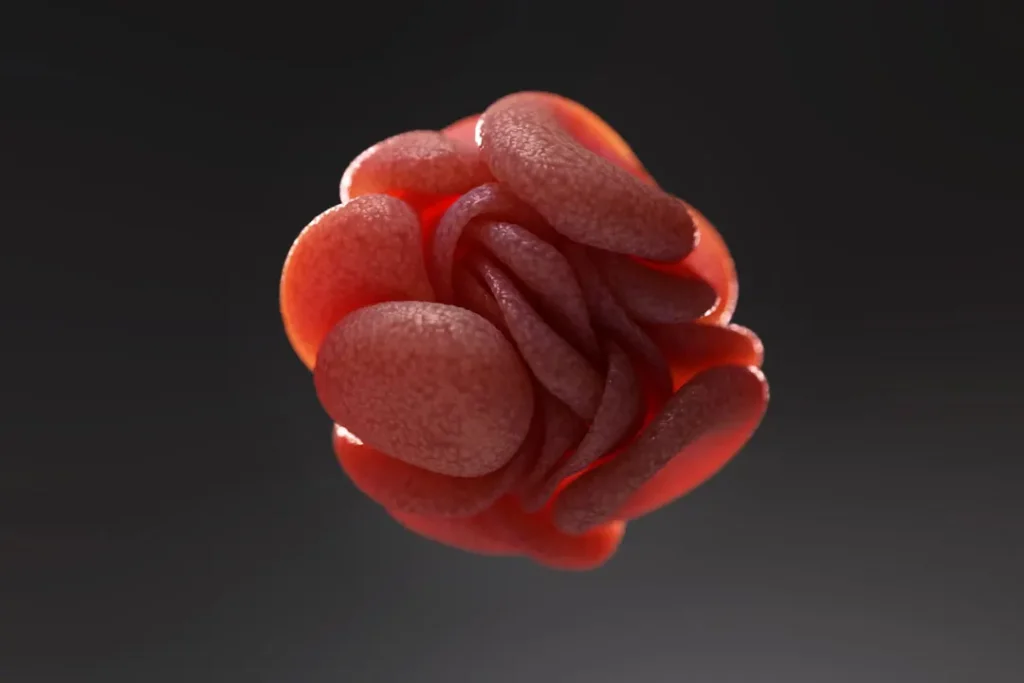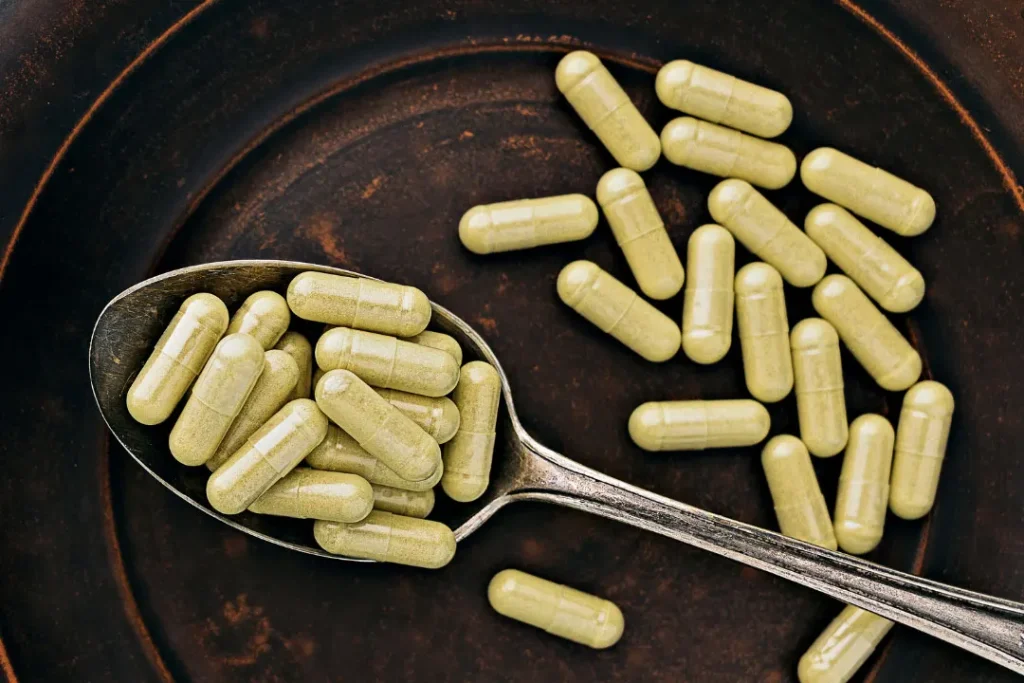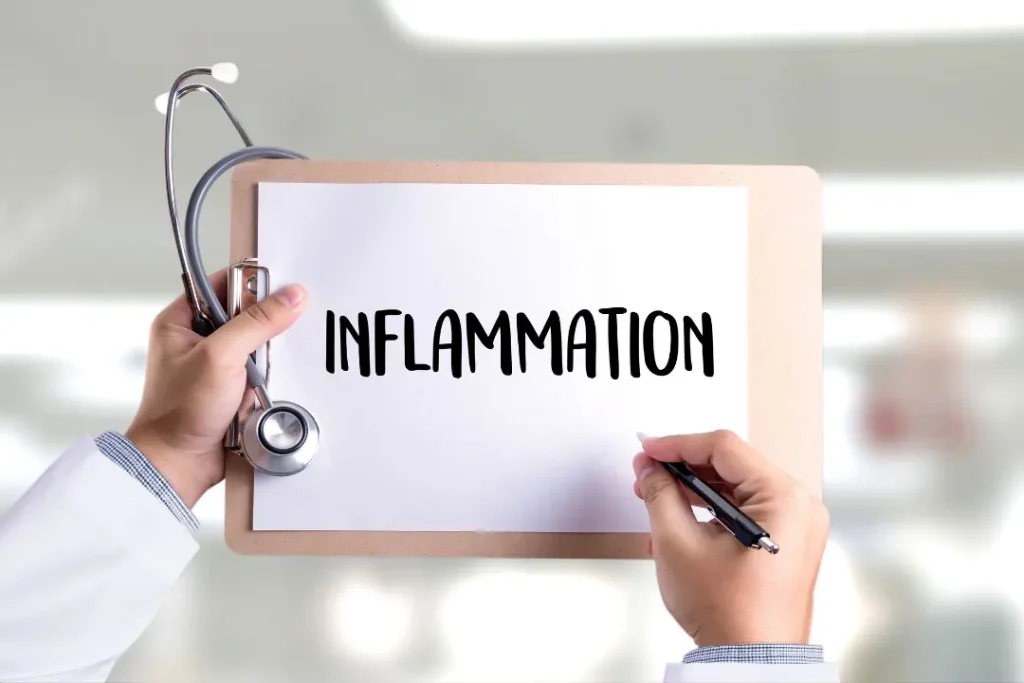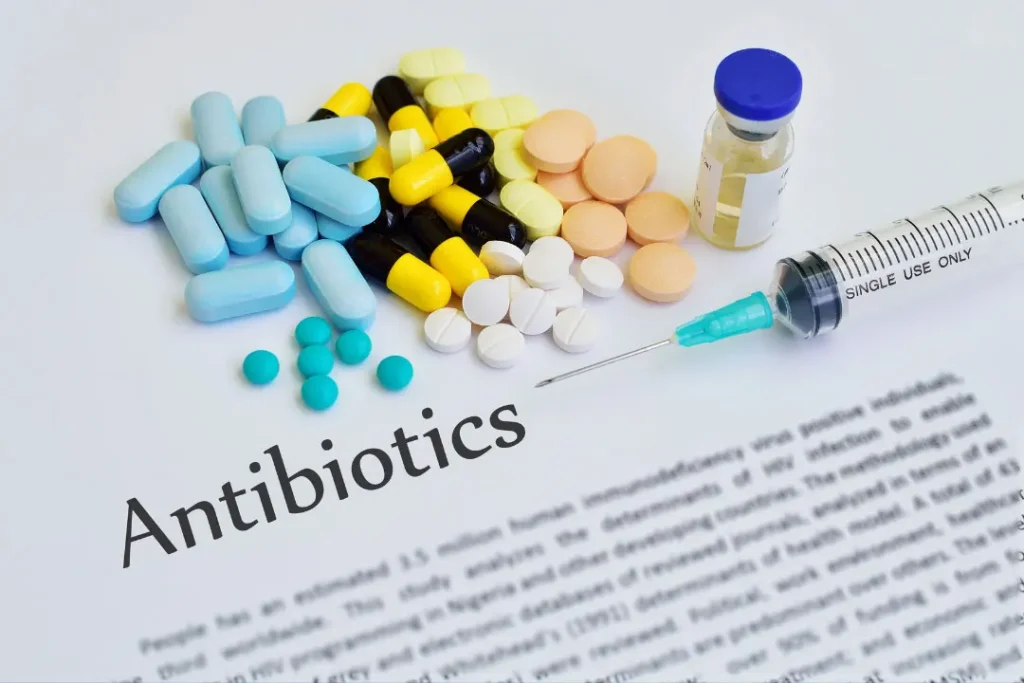Quercetin can be obtained from different fruits, vegetables, and grains because it is a type of plant pigment. It has a high potential to be a potent supplement for various health benefits especially in antioxidant and anti-inflammatory qualities. This article will examine the characteristics of quercetin, its advantages for health, the best dosage, any potential negative effects, any possible drug interactions, and safe usage.
You May Also Like:
7 Super Smart Supplements To Boost Your Memory And Recall
Key Ingredients In Mushroom Supplements: Active Agents For Your Health
Nature of Quercetin
The flavonoid family of chemicals includes the natural substance quercetin. Quercetin can mostly be found in onions, grapes, citrus fruits, etc. It is a crystalline yellow powder that is soluble in both alcohol and water.

Health Benefits of Quercetin
1. Antioxidant Properties: Quercetin has powerful antioxidant properties that can assist to guard against oxidative stress and free radical damage. This could lower the risk of developing chronic illnesses including diabetes, heart disease, and cancer.
2. Anti-inflammatory Effects: Quercetin has anti-inflammatory effects and might aid in reducing inflammation in the body. This could lower the likelihood of developing chronic illnesses including arthritis and inflammatory bowel disease.
3. Cardiovascular Health: By lowering blood pressure, enhancing blood flow, and lowering the risk of blood clots, quercetin can be used to promote cardiovascular health.
4. Immune System Support: Quercetin may strengthen the immune system by lowering inflammation and enhancing immune cell activity.
5. Brain Health: Quercetin may aid to protect neurons and may enhance cognitive performance. Also, it might aid in lowering the risk of neurological illnesses like Alzheimer’s.

Chemistry of Quercetin
Onions, apples, berries, and leafy vegetables are just a few examples of the many plant-based foods that contain quercetin. Quercetin is made up of two aromatic rings and one heterocycle containing oxygen.
Due to its chemical composition, quercetin contains many hydroxyl groups that contribute to its strong antioxidant properties. Using this property, free radicals and reactive oxygen species (ROS) are scavenged, and cells are shielded from oxidative damage.
This chemical structure also contributes to the anti-inflammatory characteristics of quercetin. It can effectively lower the activity of enzymes that trigger inflammation and inhibit the generation of inflammatory mediators including prostaglandins and leukotrienes. In addition, quercetin increases the activity of natural killer cells and T lymphocytes, hence promoting immunological function.
Quercetin also lowers the buildup of beta-amyloid plaques, which is a hallmark of Alzheimer’s disease. Quercetin has the capacity to cross the blood-brain barrier. Moreover, quercetin boosts the brain’s production of antioxidant enzymes and enhances memory and cognitive performance in animal models.
Quercetin has high bioavailability and hence, only a small portion is needed to be ingested in its natural form for quercetin to reach the bloodstream. It can be taken as a supplement with other chemicals to boost its absorption, or it can be transformed by gut bacteria into the more accessible form, quercetin-3-O-glucoside.

Physical Mechanism of Action of Quercetin
There are numerous pathways that quercetin takes to affect the body in a positive light. It shields cells from oxidative damage by scavenging free radicals and ROS due to its powerful antioxidant properties. Moreover, it prevents the action of ROS-producing enzymes such as xanthine oxidase and NADPH oxidase.
Prostaglandins and leukotrienes are two examples of inflammatory mediators whose production is decreased by quercetin’s anti-inflammatory properties. It prevents the action of enzymes like cyclooxygenase and lipoxygenase which are necessary for the creation of these mediators. By preventing the activation of transcription factors like NF-kB, quercetin also lowers the expression of genes that are associated with inflammation.
It has been demonstrated that quercetin alters the activity of several signaling pathways happening in the body. Quercetin promotes the AMP-activated protein kinase (AMPK) pathway, which controls cellular energy consumption in order to improve insulin sensitivity. Also, it blocks the mTOR pathway, which is involved in cell growth and proliferation and is linked to the emergence of a number of diseases, including cancer and neurological disorders.
The activity of several neurotransmitters in the brain, including dopamine and serotonin, which are important in mood regulation and cognitive function, has also been found to be modulated by quercetin. Quercetin also increases the production of enzymes like superoxide dismutase and catalase by affecting their production pathways.

Optimal Dosage of Quercetin
The best amount of quercetin to be taken varies on a person’s age, health, and other factors. In studies, daily dosages of 500 mg to 1,000 mg have been employed. Before using quercetin supplements, it’s crucial to speak with a doctor, especially if you have a medical condition or are taking medication.
Potential Side Effects of Quercetin
When taken in authorized doses, quercetin supplements are usually regarded as safe for the majority of people. However, some people may develop negative side effects like rash, indigestion, and headaches. If you encounter any negative effects, it’s crucial to stop using quercetin pills immediately and get medical help.
Substance Interactions with Quercetin
Some medications, such as blood thinners, antibiotics, and chemotherapy therapies, may interact with quercetin. Moreover, it could interfere with vitamins C and E supplements. If you are on any drugs or other supplements, it is crucial to speak with a healthcare provider before taking supplements that include quercetin.

Best Responsible Use of Quercetin
As quercetin can be found in a wide variety of plant-based foods, getting it through a balanced diet is the most responsible way to use it. But, supplements can be taken in moderation if your diet does not provide you with enough quercetin. Before using quercetin supplements, it’s crucial to speak with a doctor, especially if you have a medical condition or are taking any medication.
MyPEAK Wellness which is a product sold by myPEAK Supplements is a synergistic and highly bioavailable combination of quercetin. The formulation of the supplement ensures that the body absorbs and uses the quercetin well, reducing the risk of harmful effects and side effects. It is crucial to take Quercetin supplements according to the myPEAK Wellness label’s dose recommendations or as directed by a healthcare provider.
Also, it’s critical to remember that quercetin pills shouldn’t be utilized in place of a healthy, diverse diet. For overall health and well-being, it’s important to eat a variety of nutrient-dense meals. It is advised to utilize quercetin pills together with a healthy lifestyle that includes regular exercise, enough sleep, and stress reduction.
Quercetin:
Conclusion
Quercetin is a very powerful antioxidant that can safeguard the cells from free radicals attacks which can significantly lower the risk of chronic disease. Quercetin can also lower the risk of inflammation and improve endothelial function. Aside from that, it can also bring some health benefits to the brain as it can protect neurons and you won’t be that susceptible to neurodegenerative diseases such as Alzheimer’s Disease. It is important to choose a seller that sources high-quality quercetin such as MyPEAK Supplements. One of the products that contain superior quality quercetin with a high bioavailability and synergistic combination is MyPEAK Wellness.
Important Note: The information contained in this article is for general informational purposes only, and should not be construed as health or medical advice, nor is it intended to diagnose, prevent, treat, or cure any disease or health condition. Before embarking on any diet, fitness regimen, or program of nutritional supplementation, it is advisable to consult your healthcare professional in order to determine its safety and probable efficacy in terms of your individual state of health.
Regarding Nutritional Supplements Or Other Non-Prescription Health Products: If any nutritional supplements or other non-prescription health products are mentioned in the foregoing article, any claims or statements made about them have not been evaluated by the U.S. Food and Drug Administration, and such nutritional supplements or other health products are not intended to diagnose, treat, cure, or prevent any disease.


